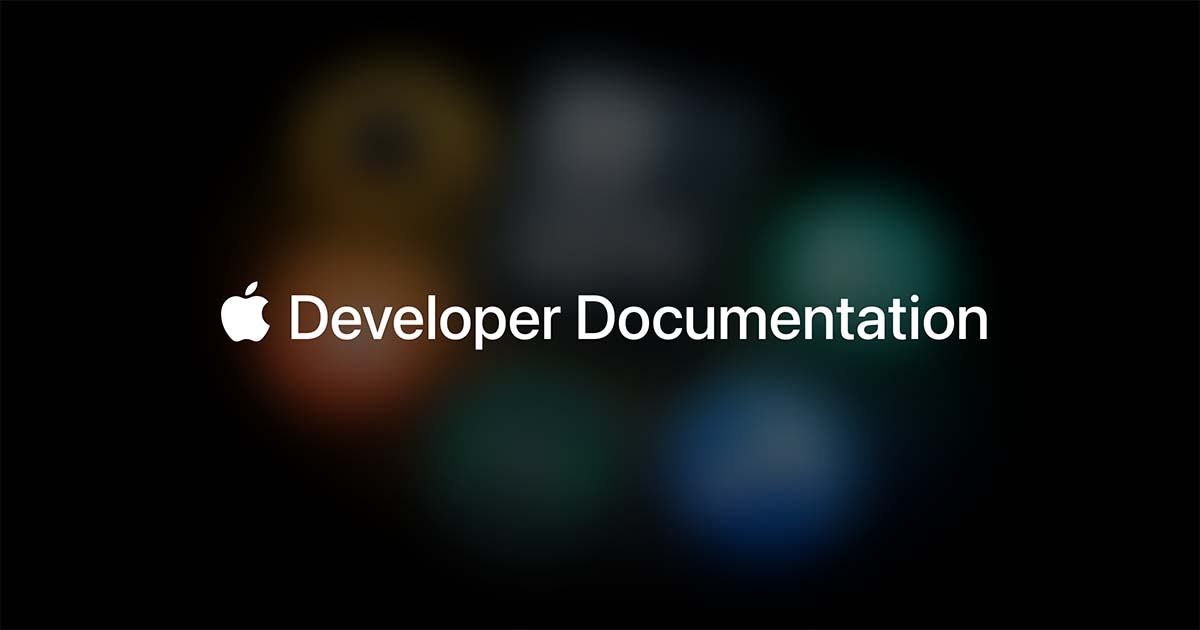The rumors continue to be that while the MBP's will get another update in late 2024*, we won't be seeing updated Studios until 2025. So two updates to the MBP's (last year to the M3, and this year to the M4) before we get a single update to the Studio. It's disappointing Apple won't give their Studio a bit more love.
I understand that updating the Ultra chip likely creates additional challenges, and it thus makes sense the Ultra isn't updated as often. But if that's the barrier, I'd like to see them put the MBP's, Mini, and Max Studio on the same release schedule, leaving the Ultra Studio and MP on a slower timeline.
Given that new Max chips are avaiable, any decision to not release a new Max Studio is obviously based on business considerations rather than technological constraints. But I'm sure Apple has reasons for what it does. Are the Max Studio's sales so low that the cost of putting a new chip in an existing case is too much to recoup if done annually?
*Ross Young now agrees with Gurman that new MBP's will be relased in Q4 2024:
Apple began the transition to M4 chips last month with the new iPad Pro lineup. We’ve already heard a handful...

9to5mac.com






